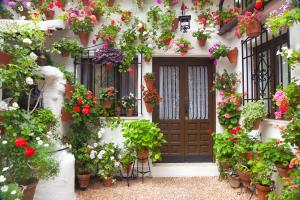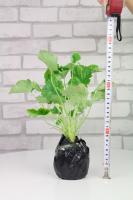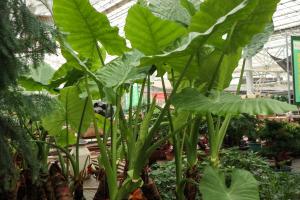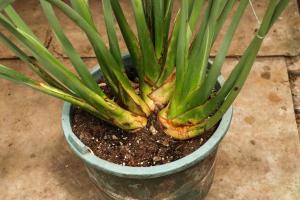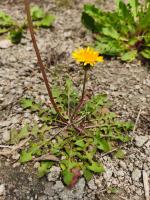Are Black Lights Good for Plants?
Plants require light to grow, but not all light is created equal. While sunlight is the ideal source of light for plants, artificial lighting can be used to supplement or replace natural light. One type of artificial lighting that has been gaining popularity is black light. But are black lights good for plants?
What are Black Lights?
Black lights are a type of ultraviolet light that emits a low level of visible light with a high concentration of ultraviolet radiation. Black lights are popular in nightclubs, bars, and other similar venues because they cause certain colors and materials to glow. They are also used in forensic investigations and medical tests. However, many people are now wondering if black lights are good for plants.
Do Plants Need Ultraviolet Light?
While plants do require light to grow, most plants do not require ultraviolet light to thrive. In fact, prolonged exposure to ultraviolet light can be harmful to plants, just as it is to humans. Ultraviolet radiation can damage the DNA in plant cells and cause mutations that can be detrimental to plant growth and development. Some plants have adapted to receive small amounts of ultraviolet radiation from sunlight, but for the most part, plants do not require ultraviolet light to grow.
So, Are Black Lights Good for Plants?
The short answer is no; black lights are not good for plants. As mentioned earlier, most plants do not require ultraviolet light to grow, and prolonged exposure can be harmful. While black lights do emit a low level of visible light, it is not enough to support plant growth. In fact, black lights are not even recommended for plant growth because they do not emit the wavelengths of light that plants need to photosynthesize.
What Types of Light are Best for Plant Growth?
Plants require specific wavelengths of light to grow, specifically red and blue. These two wavelengths are most effectively absorbed by chlorophyll, the pigment that plants use to photosynthesize. Red light promotes vegetative growth, while blue light promotes flowering and fruiting. White light, which is a combination of all wavelengths of visible light, can also be used to support plant growth.
Conclusion
In conclusion, while black lights may be entertaining in some settings, they are not an effective source of light for plant growth. Plants require specific wavelengths of light, which black lights do not emit. So, if you're looking to promote plant growth, stick to traditional sources of light such as fluorescent or LED lighting, and make sure to provide your plants with the wavelengths they need to thrive.

 how many times do yo...
how many times do yo... how many planted tre...
how many planted tre... how many pine trees ...
how many pine trees ... how many pecan trees...
how many pecan trees... how many plants comp...
how many plants comp... how many plants can ...
how many plants can ... how many plants and ...
how many plants and ... how many pepper plan...
how many pepper plan...